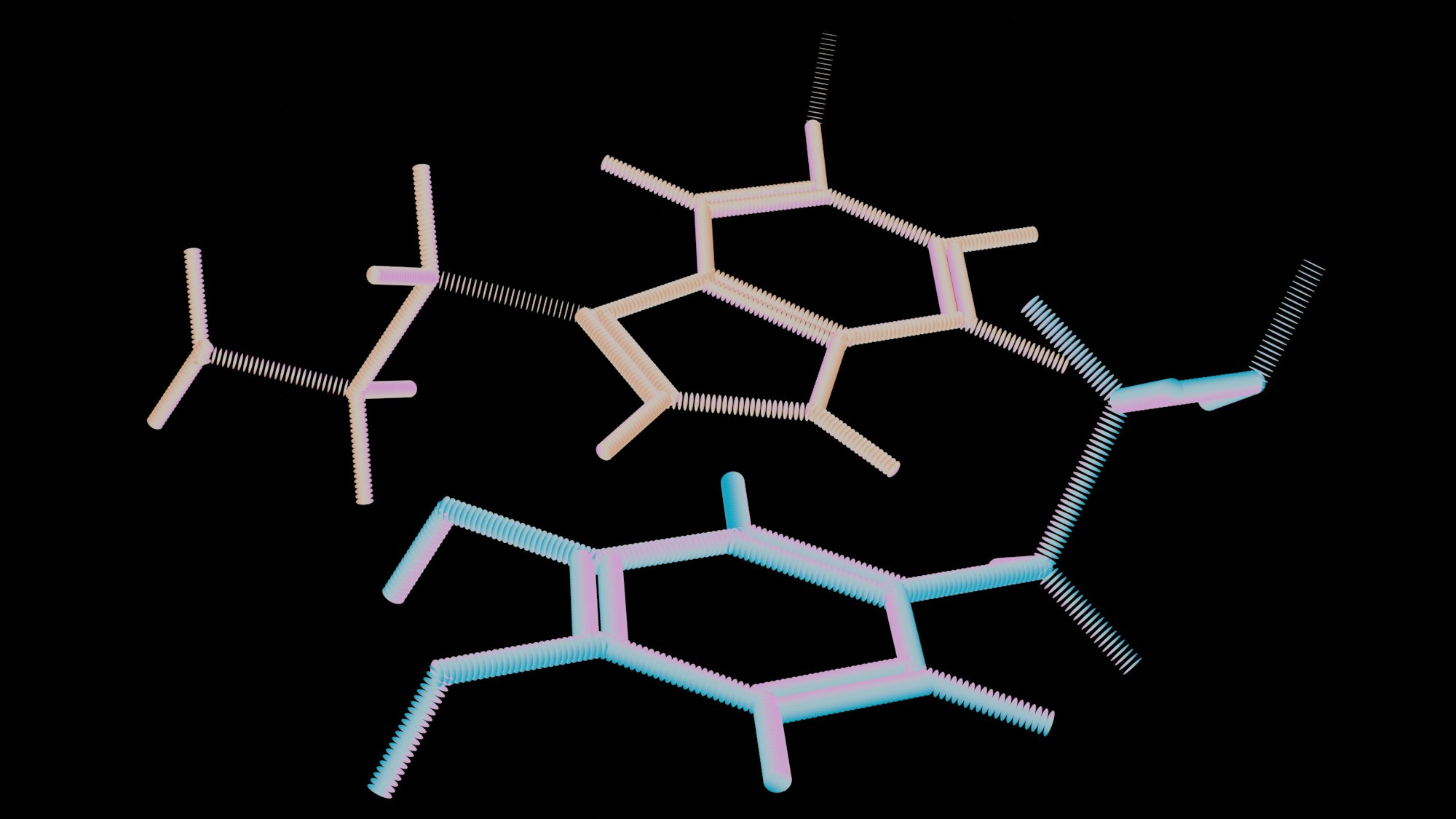NSPKU in Wales 2025

Each year, the NSPKU conference brings together researchers, clinicians, and people living with PKU from across the UK. I missed the Spring Event in Scotland, so was determined to make it to Cardiff in the autumn.
This year’s meeting in Wales felt particularly energising, as the community came together over a whirlwind six hours of science, friendship, and lived experience. Below are my reflections and notes from key sessions throughout the day.
Note: For the latest treatment updates, see

Adults Only Workshop
Dr Carys Marshall and Dr Kerry-Ann – Clinical Psychologists
This session focused on the emotional side of living with PKU — how resilience, frustration, and humour coexist in the same breath. The psychologists reminded us that embarrassing the health boards can sometimes be exactly what’s needed to create change.
One of the psychologists noted, “you are all normal human beings dealing with extra.” That line stayed with me. The underlying message from the session was to not underestimate the power of patients. Whether through formal advocacy or small everyday acts of persistence, collective voices matter. As one participant joked, “We’re all on the Welsh PKU bus now.”
European Guidelines Update
Dr Gisela Wilcox
I covered the review of the EU Guidelines on PKU when they first appeared, and it was useful to hear Dr Wilcox highlight practical implications again.

A few reminders stood out:
- Dehydration can cause the body to break down its protein, so consistent fluid intake remains important.
- People on sapropterin still need regular clinic contact — changes in diet and metabolism mean treatment isn’t a “set and forget” approach.
Dr Wilcox also discussed the gut and microbiome, where new recommendations suggest screening if gastrointestinal symptoms persist. It’s an evolving field — one that could eventually reshape how we think about PKU management beyond the brain and diet.
Phenylalanine & the Menstrual Cycle
Prof. Emma Vardy
This talk acknowledged what many women with PKU have long experienced but rarely see addressed: hormonal fluctuations can influence Phe levels, appetite, and mood.
Dr Vardy is arranging a new study which will track menstrual cycles alongside blood results may help tailor diet or medication more precisely. The trial is still in the development stage, and I will have more on how to participate as soon as the study is live.
This is a long-awaited study, but definitely a meaningful one.
“you are all normal human beings dealing with extra.”
PKU Living: The Welsh Experience
Panel: Chris, Annelise, Ifan, Heulen, Steve & Vicki (See main image)
This was one of the most human sessions of the day. The panel shared stories of growing up, parenting, and working with PKU — and how it doesn’t have to make you different.
Themes included:
- Relying on others
- Struggles with body image and fitness one speaker discussed conversations with a friend who turned to bodybuilding and became very interested in getting high-protein foods.
- Feeling self-conscious about food in social settings, but also recognising strength: “PKU makes me feel stronger.”
Hearing lived experience presented with honesty and humour is always grounding. It reminds us that clinical advances only matter if they translate into better daily lives.
Buy me a cuppa ☕ — your support helps keep this blog free, and helps to me write about PKU, brain injury & mental health.
PKU Advocacy: Fighting for Access
Kate Learoyd and Caroline Graham
The advocacy session was both sobering and motivating. Kate and Caroline highlighted ongoing concerns across the UK:
- Basic PKU services remain under-resourced
- Sapropterin rollout has been uneven
- The community feels divided, some benefiting from treatment while others still struggle
- The cost of living crisis compounds existing challenges (food costs, benefit cuts, sugar tax)
Kate and Caroline reminded us that the PKU community has fought before — and won. It took years to get sapropterin commissioned by the NHS, but persistence paid off.
Their closing message was powerful: “We might need to fight again.” And they are getting ready, with another well attended PKU in Parliament event held in November.
The presentation also broke down what it takes to get new drugs approved by the NHS:
- Licensing – is it safe and effective?
- Cost-effectiveness – for every £1 the NHS spends, what benefit does the patient (and system) gain?
These are some of the hurdles that new treatments like sepiapterin, JNT-517, or even home Phe monitoring devices will soon face.
The PKU community has fought before — and won.
Closing Thoughts
From psychology to policy, every talk came back to the same truth:
PKU is not just a metabolic condition — it’s a life lived.
Science gives us tools, but it’s the people who push for progress.
The conference captured that balance — the optimism of new research alongside the realism of advocacy.
As noted above:



Member discussion